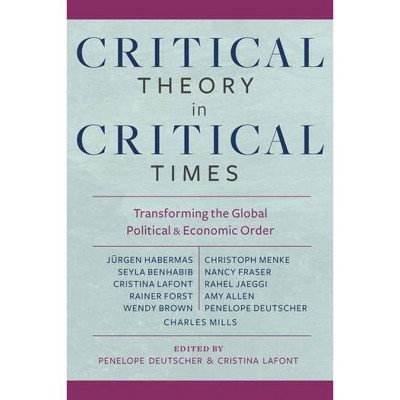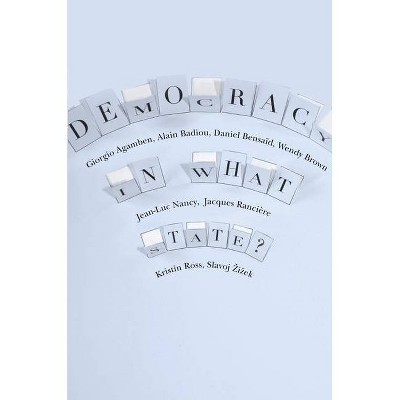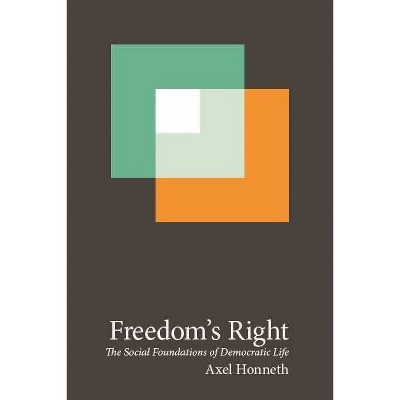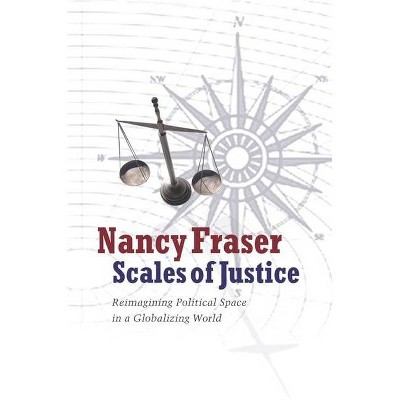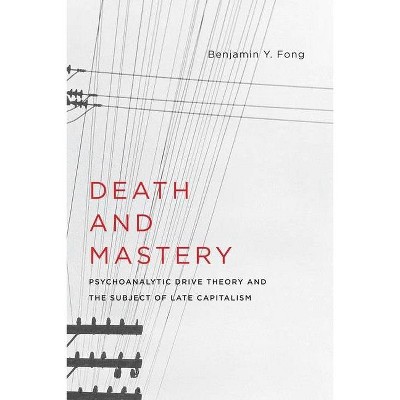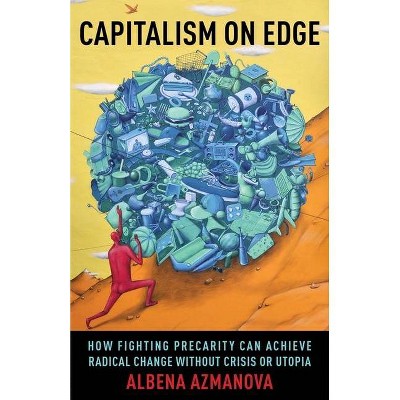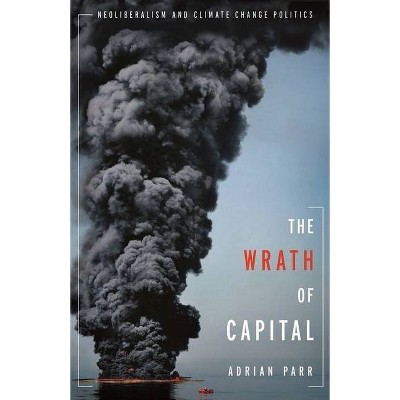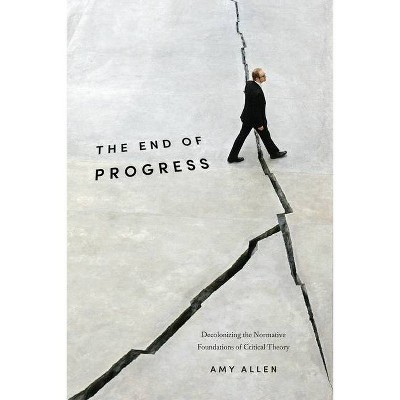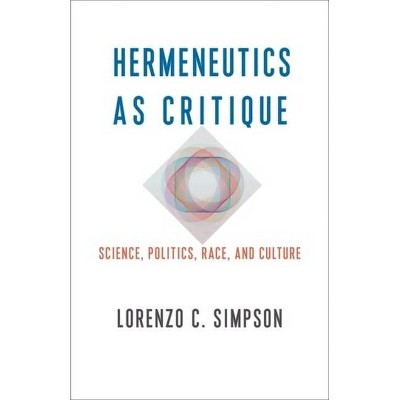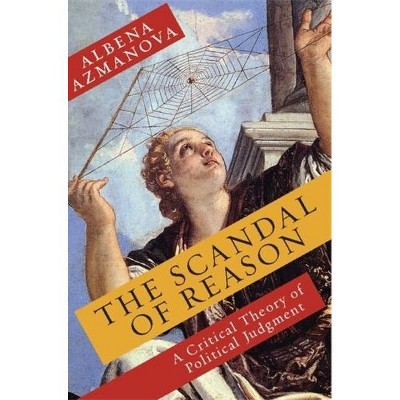States Without Nations - (New Directions in Critical Theory) by Jacqueline Stevens (Paperback)
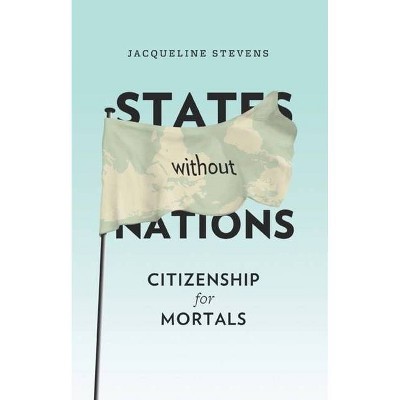
Similar Products
Products of same category from the store
AllProduct info
<p/><br></br><p><b> About the Book </b></p></br></br><p>Arguing that the core laws of the nation-state are more about a fear of death than a desire for freedom, Jacqueline Stevens imagines a world in which birthright citizenship, family inheritance, state-sanctioned marriage, and private land ownership are eliminated. Would chaos be the result? Drawing on political theory and history and incorporating contemporary social and economic data, she brilliantly critiques our sentimental attachments to birthright citizenship, inheritance, and marriage and highlights their harmful outcomes, including war, global apartheid, destitution, family misery, and environmental damage. It might be hard to imagine countries without the rules of membership and ownership that have come to define them, but as Stevens shows, conjuring new ways of reconciling our laws with the condition of mortality reveals the flaws of our present institutions and inspires hope for moving beyond them.</p><p/><br></br><p><b> Book Synopsis </b></p></br></br>As citizens, we hold certain truths to be self-evident: that the rights to own land, marry, inherit property, and especially to assume birthright citizenship should be guaranteed by the state. The laws promoting these rights appear not only to preserve our liberty but to guarantee society remains just. Yet considering how much violence and inequality results from these legal mandates, Jacqueline Stevens asks whether we might be making the wrong assumptions. Would a world without such laws be more just? <p/>Arguing that the core laws of the nation-state are more about a fear of death than a desire for freedom, Jacqueline Stevens imagines a world in which birthright citizenship, family inheritance, state-sanctioned marriage, and private land ownership are eliminated. Would chaos be the result? Drawing on political theory and history and incorporating contemporary social and economic data, she brilliantly critiques our sentimental attachments to birthright citizenship, inheritance, and marriage and highlights their harmful outcomes, including war, global apartheid, destitution, family misery, and environmental damage. It might be hard to imagine countries without the rules of membership and ownership that have come to define them, but as Stevens shows, conjuring new ways of reconciling our laws with the condition of mortality reveals the flaws of our present institutions and inspires hope for moving beyond them.<p/><br></br><p><b> Review Quotes </b></p></br></br><br>Stevens is provocative in rethinking many assumptions people take for granted.... Highly recommended.--Choice<br><br><i>States Without Nations</i> is a brutal exposé of the violent and mutually implicating underpinnings of liberal theory and national identity, and it constitutes nothing less than an early attempt to reconceptualize and reorganize world citizenship anew. I find it brilliant, bold, breathtaking, pioneering, far-reaching, and visionary. There's nothing else quite like it.--John Evan Seery, professor of politics, Pomona College<br><br><i>States without Nations</i> is a scathing indictment of kinship-based membership. In an argument as unrelenting as it is brilliant, Jacqueline Stevens challenges feminists, liberals, and, indeed, anyone who values peace and security, to join her in recognizing and rejecting kinship as the ultimate source of violence. This original and much-needed intervention will reshape debates in international relations, political science, and women's studies.--Jodi Dean, author of <i>Democracy and Other Neoliberal Fantasies</i><br><br>Imagining governments and citizenship unbeholden to rules of birth-that is, cleaving the state from the family (i.e. the nation)-is the single most important thought experiment in political theory since John Rawls asked us to consider justice from a position of veiled ignorance. Jacqueline Stevens is not just a punchy provacateur, she is a careful scholar and an engaging writer. States without Nations is a must read for any scholar of the politics, sociology, or legal studies of the state-and anyone concerned with distributive justice.--Dalton Conley, Dean for the Social Sciences, New York University<br><br>No myth needs exploding more urgently than that of the tight association of state with nation, of the exigencies of governance with the idea of people defined by culture and common descent. No misconception has done more damage in modern political theory. And no theorist is better positioned to explode this myth-in its birthright, where it lives, in its premises of blood and land and birth-than Jacqueline Stevens.--Jeremy Waldron, University Professor, New York University School of Law<br><br>The breadth and creativity of [Stevens's] arguments are refreshing.... A welcome addition to the citizenship literature.--Elizabeth F. Cohen "Perspectives on Politics "<br><br>While the book's learned and wide-ranging arguments do not always convince, they invariably inform and provoke, startle and rouse; States without Nations is a stunning work of radical theoretical imagination.--Jason Frank "Theory and Event "<br><p/><br></br><p><b> About the Author </b></p></br></br>Jacqueline Stevens is a professor in the political science department at Northwestern University and the author of <i>Reproducing the State</i>. She analyzes the politics of hereditary groups, including the laws and pseudoscientific narratives that make ethnicity, nation, race, and other intergenerational groups seem natural. Her research is available at www.jacquelinestevens.org.
Price History
Price Archive shows prices from various stores, lets you see history and find the cheapest. There is no actual sale on the website. For all support, inquiry and suggestion messagescommunication@pricearchive.us
